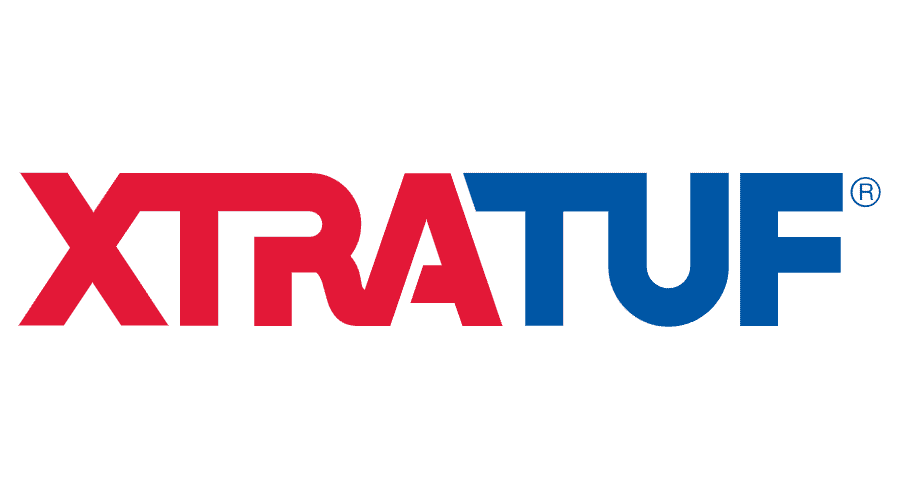
May 19, 2025
Team USA
Beach Sprints Head Coach Marc Oria Trains Athletes for Progress Under Pressure
Marc Oria is a leading figure in U.S. coastal rowing, coaching the U.S. Coastal Rowing Team and running the Next Level Rowing team. As both an athlete and a coach, he has achieved success in flat-water and coastal rowing. He has led the U.S. national team to 18 medals at the Coastal and Beach Sprint Championships since 2021. With a background in high-performance rowing, Marc rowed for the Catalunya and Spanish National Teams. He has been coaching since 1999, leading the Catalunya National Team in 2006, where his athletes medalled at World Rowing Championships and later competed in the 2016 Olympics.
With Beach Sprints gaining more popularity around the world, what do you wish people knew about the sport?
Beach Sprints aren’t just rowing; they’re an explosion of athleticism, adaptability, and excitement compressed into under three minutes; they are raw, fast, and beautifully chaotic. What I wish people knew is how multidimensional this sport is; you need to be mentally sharp and physically agile to succeed. It's not just about rowing strength; it's about reading the water, reacting to chaos, staying relaxed under pressure, and pushing your limits with complete precision. You don’t just row- you sprint, navigate, adapt, and recover all in one breath. It’s the most dynamic and inclusive form of rowing we’ve ever seen, and it's opening new doors for athletes from diverse backgrounds. It’s a discipline that builds complete athletes, and that’s what makes it such an exciting frontier for rowing and Olympic sport as a whole.
You’ve coached coastal and flat water rowing. What lessons and experiences have helped you get to where you are now?
My coaching path has spanned elite national team rowing in Spain, collegiate programs in the U.S., and the highest levels of international coastal competition. From flat water, I learned technical rigor and discipline. But transitioning into coastal rowing showed me the power of adaptability and creativity. In coastal, there’s no perfect stroke repeated endlessly. It’s a conversation with the water, and that humility, paired with neuroscience and performance psychology, helped me develop a coaching approach that’s holistic. What’s helped me most is my belief in training the whole athlete, physically, mentally, and emotionally.
As a coach, the flat water gave me structure; coastal gave me freedom. Together, they’ve shaped my coaching philosophy and how I coach every athlete: with rigor, creativity, and trust in the process.
What does a Beach Sprint practice typically look like?
Expect sand on your face, heart in your throat, and legs on fire, but with a big smile. I blend athletic development and technical execution. Of course, we need a strong fundamental base of endurance and strength, so don’t think that the training workouts differ significantly from what any flat water athlete is used to. However, we have some specific skills to develop, so we have sessions specific to our coastal sport and abilities.
A session starts with mobility drills, running mechanics, and ground movements to build coordination and agility. Then we move to boat work, slaloms, beach starts, buoy turns, and recovery drills. Also, we drill reactivity: quick transitions from sand to boat, adapting to wave conditions, and executing under fatigue. Athletes learn to transition between explosive sprinting and controlled power in the boat, all while staying mentally composed. We train for chaos and come out confident.
At the 2024 World Beach Sprint Finals, the U.S. beach sprints national team won multiple medals, including three gold medals, what has helped develop the team in the past few years?
Our success has been built on trust, cohesion, and an unshakable work ethic. We’ve created a team culture that values both performance and personal growth. It’s not only 2024, it’s the whole process that comes from 2021, our first participation in a Beach Sprint competition. As a nation, we achieved 18 medals at the Coastal and Beach Sprint Championship in only four years, and everything started from scratch in a program that we didn’t have in our country.
Athletes buy into the process because they know we believe in them before they even fully believe in themselves. The integration of technical drills, environmental adaptability, and mental resilience, combined with a strong community, has turned individual talent into synchronized excellence. We train for unpredictability, and that’s been our edge. We’ve built a program that values character as much as technique. Our success comes from combining a competitive mindset with humility and hunger. We emphasize skill diversity; our athletes train like hybrid athletes, not just rowers. We don’t train for perfection; we train for progress in the face of adversity and pressure. That’s how you win when the surf is up and the adrenaline is maxed.
Now that Beach Sprints is included in the LA2028 Games, what excites you about this new Olympic cycle?
Everything!!!. We now have the opportunity to showcase coastal rowing on the biggest sporting stage in the world. It validates the work we’ve done and accelerates the development pipeline. What excites me is the chance to help shape the pathway for young athletes and introduce the sport to new athletes who may never have touched a coastal rowing shell, but who have the drive and creativity to thrive in this format.
LA2028 isn’t just a race; it’s a revolution for rowing in the USA and the whole world. To me, LA2028 is not a fight between flat water and coastal; it’s the perfect opportunity to mix them both. I love flat water as much as I love coastal, and my athletes must love, learn, and excel in both if they want to be on top in LA2028.
What advice would you give any athlete considering trying beach sprints? What mindset will serve them best?
Try it with an open mind and a light heart. You must be willing to fail, fall, and try again, as you must leave behind the need for control and embrace the unknown. Embrace the unpredictability; it’s not a flaw, it’s the feature. The athletes who thrive in beach sprints are those who stay loose, respond rather than react, and find joy in discomfort.
Leave your ego on the beach and let the water teach you. The mindset that serves best is adaptability, resilience, and playfulness. Many of us love the competition, you need to love the fight, not just the rhythm. If you can smile through the surf and still focus on your blade, you’re in the right sport.
What is the drill that you feel always helps your crew the most?
Interesting … for coastal I believe in building athletes first, rowers second. My go-to drills are rooted in athleticism, mobility circuits, ground drills, sprint ladders, and dynamic transitions from land to water or vice versa. These challenge the athlete’s coordination, reaction speed, and movement intelligence.
My favorite? I don’t know if I can pick one, I have too many! A combined beach sprint + reboarding + buoy-turn circuit, where athletes must navigate from the ground to the boat under fatigue, in waves, with skills. It builds mental sharpness, technical flow, and physical readiness, exactly what Beach Sprints demand. But I am sure that if you ask my athletes, they will probably say that my favourite are my famous circuits with music, which build teamwork, athleticism, and skills without them knowing that they are learning that.























